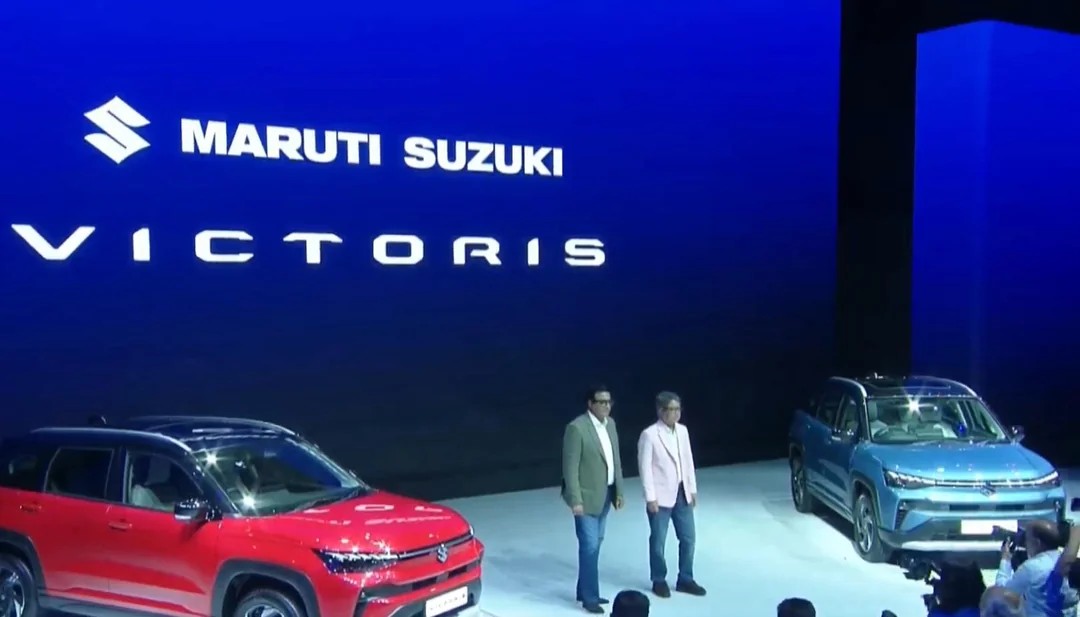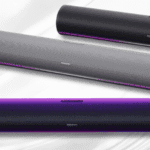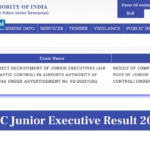Maruti Suzuki has long been synonymous with personal mobility in India. From the iconic Maruti 800 in the 1980s to its current range of feature-rich hatchbacks, sedans, SUVs and now electric vehicles, the company has led by example in product innovation, service and market reach. In recent years, it has achieved several major milestones that reflect its continuing leadership. This blog takes a closer look at the major victories that define Maruti Suzuki’s recent journey.
A Historic Production Feat
In 2024, Maruti Suzuki crossed the landmark of producing over 3 crore (30 million) vehicles in India. This was achieved in just 40 years and a few months since the first car rolled off its assembly line in 1983 — a record for Suzuki worldwide. No other Suzuki production base, not even in Japan, reached this milestone so quickly.
Most of these cars came from its Haryana facilities in Gurugram and Manesar, with significant contribution from its Gujarat plant. Popular models like the Maruti 800, Alto, Swift, Wagon R, Dzire, Baleno and Brezza together formed the backbone of this production. This achievement underscores the trust Indian families have placed in the brand for generations.
Export Powerhouse
Another notable victory for Maruti Suzuki has been its export performance. The company has consistently been India’s top passenger vehicle exporter and has strengthened its presence in markets across Africa, Latin America, the Middle East and Asia. In the last financial year it shipped over three lakh vehicles abroad, a double-digit increase over the previous year.
Models like the Fronx, Jimny, Baleno, Swift and Dzire are now familiar sights on foreign roads. This performance positions Maruti Suzuki not just as a domestic leader but also as a key player in the global small-car market.
Service Excellence on a Massive Scale
Maruti Suzuki’s victories aren’t limited to manufacturing and exports. It has also set new records in after-sales service. In a single month in 2025, its vast network of service centres handled more than 24 lakh vehicles — roughly three cars serviced every second across its workshops. This reflects the company’s focus on building a robust service infrastructure that can support the huge base of Maruti cars on Indian roads.
With over 5,000 service touchpoints, even customers in smaller towns enjoy reliable maintenance and support, which in turn reinforces brand loyalty and resale values.
Leadership in Affordable Mobility
A major part of Maruti Suzuki’s continuing success story is its ability to provide affordable, reliable mobility to a wide section of society. Cars like the Alto, Wagon R and Swift have been entry points for millions of first-time car buyers. The company’s pricing strategy, efficient manufacturing and high localisation levels have allowed it to keep costs competitive while maintaining quality.
This has ensured that Maruti Suzuki retains the largest market share in India’s passenger vehicle segment, often exceeding 40–45 per cent, a feat unmatched by competitors.
Stepping Into the Electric Era
One of Maruti Suzuki’s most anticipated moves has been its entry into the electric vehicle segment. The company’s first all-electric model, developed in partnership with Suzuki Motor Corporation, began rolling out from its Gujarat plant in 2025. Known internally as the e-Vitara, this model represents Maruti Suzuki’s push into sustainable mobility.
The company has already begun exporting this electric SUV to European countries, showcasing “Make in India, Make for the World” in action. This is a major victory because it demonstrates Maruti Suzuki’s ability to pivot from being a leader in affordable petrol cars to being a contender in the EV space, while leveraging India as a manufacturing hub for global markets.
Strong Focus on Safety and Technology
Another area where Maruti Suzuki has scored wins is in safety. More of its new models are now being designed and built to meet or exceed global crash-test norms. Vehicles like the Brezza, Grand Vitara and Baleno have been engineered with advanced safety features such as multiple airbags, ESP, hill-hold assist and ISOFIX mounts.
At the same time, Maruti has ramped up its connected car technology, offering smartphone integration, voice commands and telematics across a wider range of models. These features make its cars more appealing to a younger, tech-savvy audience and bring the brand in line with global trends.
Sustainable Manufacturing Practices
Beyond cars and services, Maruti Suzuki has also made strides in reducing its environmental footprint. Its plants have implemented energy-efficient processes, waste-water recycling and the use of renewable energy sources. These initiatives contribute to India’s broader climate goals and help Maruti Suzuki present itself as a responsible manufacturer.
Dealer Network Expansion
Maruti Suzuki has also expanded its retail and service footprint to previously under-served regions. By opening showrooms and workshops in smaller towns and semi-urban areas, it has not only captured new customers but also created thousands of local jobs. This victory is especially important in a country where aspirational car buyers are emerging rapidly from beyond big cities.
Customer-Centric Finance and Digital Services
Recognising changes in consumer behaviour, Maruti Suzuki has rolled out innovative finance options and digital tools to simplify car buying. From online car configurators to end-to-end loan approval through mobile apps, the company has made the purchase process more transparent and user-friendly. This blend of affordability, digital convenience and widespread availability has strengthened its bond with customers.
Awards and Recognition
The company’s recent efforts have not gone unnoticed. Maruti Suzuki models frequently top customer satisfaction surveys for value for money, service quality and low cost of ownership. Industry awards for manufacturing excellence, export performance and sustainability further highlight its ongoing victories.
Looking Ahead: Future Victories in the Making
With a strong foundation in mass-market cars and a growing foothold in exports and electric vehicles, Maruti Suzuki is well positioned for future wins. The company plans to invest heavily in research and development, battery manufacturing and charging infrastructure to support its EV ambitions.
As it continues to innovate, it will likely maintain its leadership in affordable mobility while also challenging rivals in emerging segments like hybrids, premium SUVs and connected vehicles.
Conclusion
The story of Maruti Suzuki’s victories is essentially the story of India’s automotive growth. From being a fledgling joint venture in the early 1980s to becoming a global manufacturing hub four decades later, Maruti Suzuki has repeatedly proven its ability to adapt, expand and deliver.
Crossing 3 crore vehicles produced, becoming India’s largest exporter of passenger cars, setting service records, launching its first EV and leading on safety and technology — these achievements are not isolated. Together they represent a brand that has its finger on the pulse of the Indian consumer while also catering to global markets.
As it embarks on its next phase of growth, Maruti Suzuki’s recent victories lay the groundwork for future success stories in both traditional and electric mobility. For millions of Indians, the brand remains a trusted companion on the road, and for the country’s auto industry it remains a benchmark of what consistent vision and execution can achieve.










